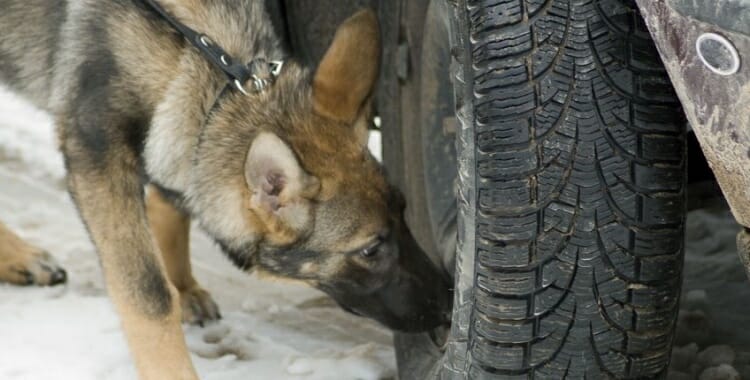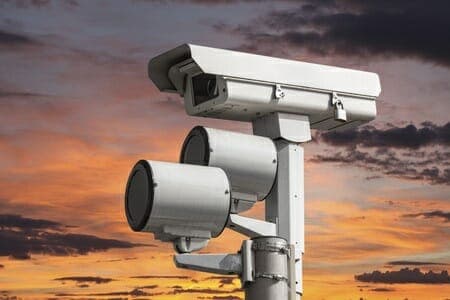Misdemeanor Arraignment in Arizona
What is an arraignment?
The Arraignment is the defendant’s first appearance in court. It serves two purposes: First, the judge advises the defendant of the charges, the potential consequences, and constitutional rights. Second, the defendant enters a plea.
When is the arraignment?
If the case was initiated by a citation issued from a police officer (like in an excessive speed case, for example), the arraignment date appears at the bottom of the citation. If the case began with a summons and complaint, which may be mailed to or served on the defendant by the Sheriff or a licensed process server, the arraignment date will appear on the summons. If the defendant was arrested and released, the release orders will also list the next court date.
What happens at the arraignment?
At the arraignment, the judge will read the charges, inform the defendant of the possible consequences if the defendant is convicted, and explain the defendant’s constitutional rights. The defendant may also receive other information regarding his or her case and the court process.
There are no witnesses at an arraignment and no testimony or evidence is taken. The judge at the arraignment will not grant a defendant’s request to dismiss any charges.
The accused is presumed to be innocent, and that presumption remains until the defendant is convicted at trial or admits their guilt.
The defendant will enter a plea.
There are three possible pleas to a criminal charge: Not Guilty, Guilty, and No Contest. Read more about the various pleas here. A defendant’s decision on their plea is certainly one of the most important in their case. In almost all cases, defendants cannot harm their case by entering a Not Guilty plea, and that is the plea that will be entered for a defendant if they cannot or will not make their choice.
What happens after the arraignment?
If a defendant pleads guilty at an arraignment, the judge will move straight into a change of plea hearing and the case will end.
If the defendant enters a not guilty plea, the next court appearance after the arraignment is the pretrial conference.
If you have an attorney prior to the arraignment, you may not need to show up.
If the defendant has an attorney and the matter is a misdemeanor, the attorney will likely file paperwork with the court entering a not guilty plea. This paperwork will also ask the court to vacate the arraignment and set a pretrial conference. As a result, neither the attorney nor the defendant would appear at the arraignment. The first pretrial conference will be set about 30 days after the arraignment date.
Have an arraignment coming up and need help?
Email us below to schedule a free consultation with an attorney.
Latest Blog Posts
Traffic Stops and the Drug Dog
A few years ago, I was driving through Colorado on my way home to Arizona. I was traveling the speed limit, but was nevertheless pulled over by a cop for allegedly exceeding the speed limit by 2 mph. The officer asked me to exit my vehicle and issued me a warning. As the traffic stop appeared to be ending, the cop began with a series of questions: do you have any weapons, do you have any drugs, etc. I answered in the negative.
Tucson Voters Ban Red Light Cameras
Earlier this year, a group called Tucson Traffic Justice collected 50,000 signatures in support of a petition to place a proposition on the fall ballot to ban red light cameras. The city council voted unanimously to place Proposition 201 on the ballot and let the voters decide the fate of Tucson’s red light cameras. Following the November 3rd election, voters overwhelmingly voted to ban red light cameras in Tucson with approximately 65% of voters supporting the proposition.



